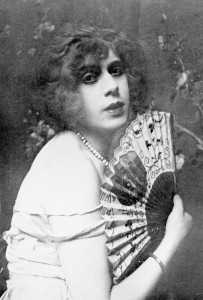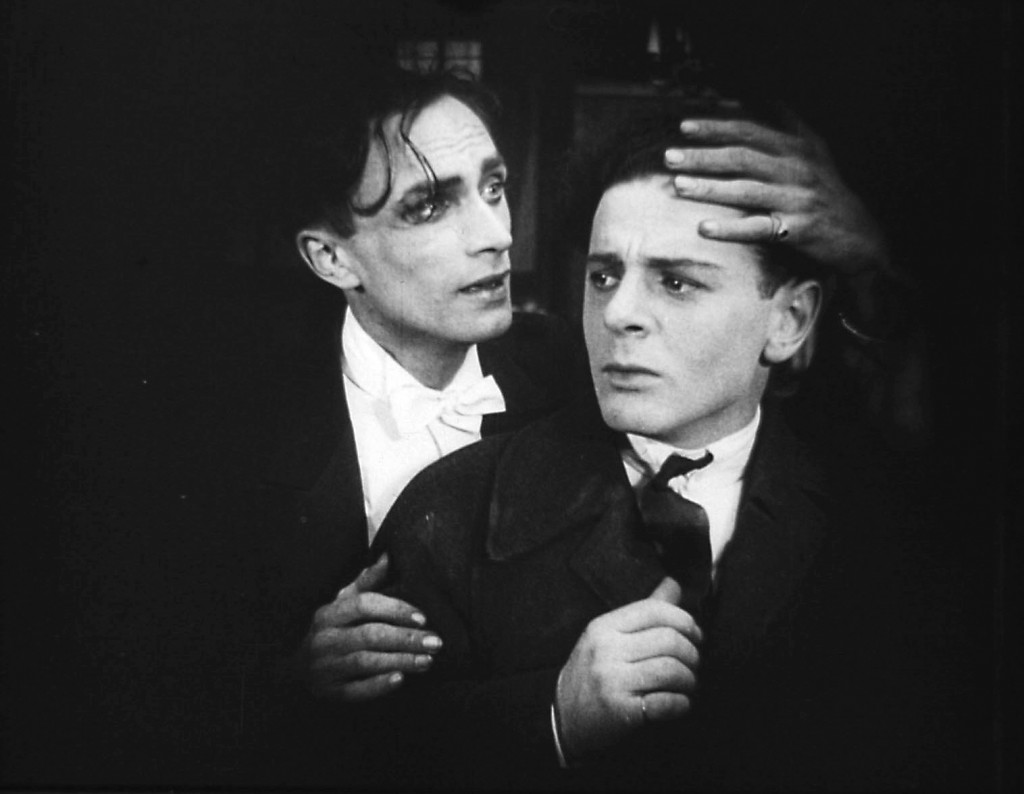In the second half of the nineteenth century, sexuality was refigured as a subject of scientific investigation. Scholars have explored how psychiatrists and medical doctors across Europe investigated the somatic and psychological causes of sexual behaviour. With some exceptions (e.g. Bauer; Rosario; Schaffner), the use of clinical evidence (above all the patient case study) has been identified as the key mechanism to secure scientific authority. This scholarship has resulted in a flawed understanding of the history of sexual science, as it is assumed that non-clinical forms of evidence or methodologies had no place in scientific writings about sexuality and were seen as injurious to scientific respectability. As a result, our histories have not paid significant attention to the ways in which European sexual science became a site for transnational and interdisciplinary translation.
This chapter, however, demonstrates that non-clinical forms of evidence were central to Western sexual science, specifically in its second generation, which emerged at the turn of the twentieth century. Increasingly, from the very end of the nineteenth century and in the first years of the twentieth, sexual science was explicitly authorised as an interdisciplinary intellectual enterprise with sexologists like Havelock Ellis in England or Ivan Bloch and Magnus Hirschfeld in Germany calling for interdisciplinary and international collaboration to reshape the field of sexual science. The chapter traces the disciplinary and transnational expansion of sexual science in its second generation by exploring the widespread uses of anthropological and historical evidence. Focusing on journals like Hirschfeld’s Jahrbuch, scientific congresses in the first decades of the twentieth century, and the formation of organisations like the BSSSP as important forums of interdisciplinary and international exchange, it identifies three main driving forces behind this reshaping of sexual science: the conscious desire to break with a narrow medical and pathological model of sexuality; the search for sexual variation across different cultures and historical time period; and the wish to reach out to broader audiences beyond the professional scientific and medical community.
This interdisciplinary perspective opens up a more nuanced understanding of Western sexual science. It makes it possible to revise perceived notions of what it meant to write scientifically about sexuality and who was authorised to do so. This is of particular significance when studying British sexual science, which did not take a coherent and institutionalised form. For this reason, it has often been assumed that British sexual science was marginalised within Europe. In shifting attention to processes of interdisciplinary translation and transnational exchange, however, this chapter shows that British sexual science was a vibrant interdisciplinary discourse, taking shape across various fields of knowledge. Moreover, the interdisciplinary nature of British sexual science did not set it apart from European sexual science. Rather, the appeal for an interdisciplinary culture of sexual knowledge articulated by sexual scientists across Europe found particular resonance in Britain.
Full citation:
Fisher, K and Funke, J (2015) ‘Cross-Disciplinary Translation: British Sexual Science, History and Anthropology’ in Bauer H (ed) Sexology and Translation: Cultural and Scientific Encounters across the Modern World, Philadelphia: Temple University Press.



